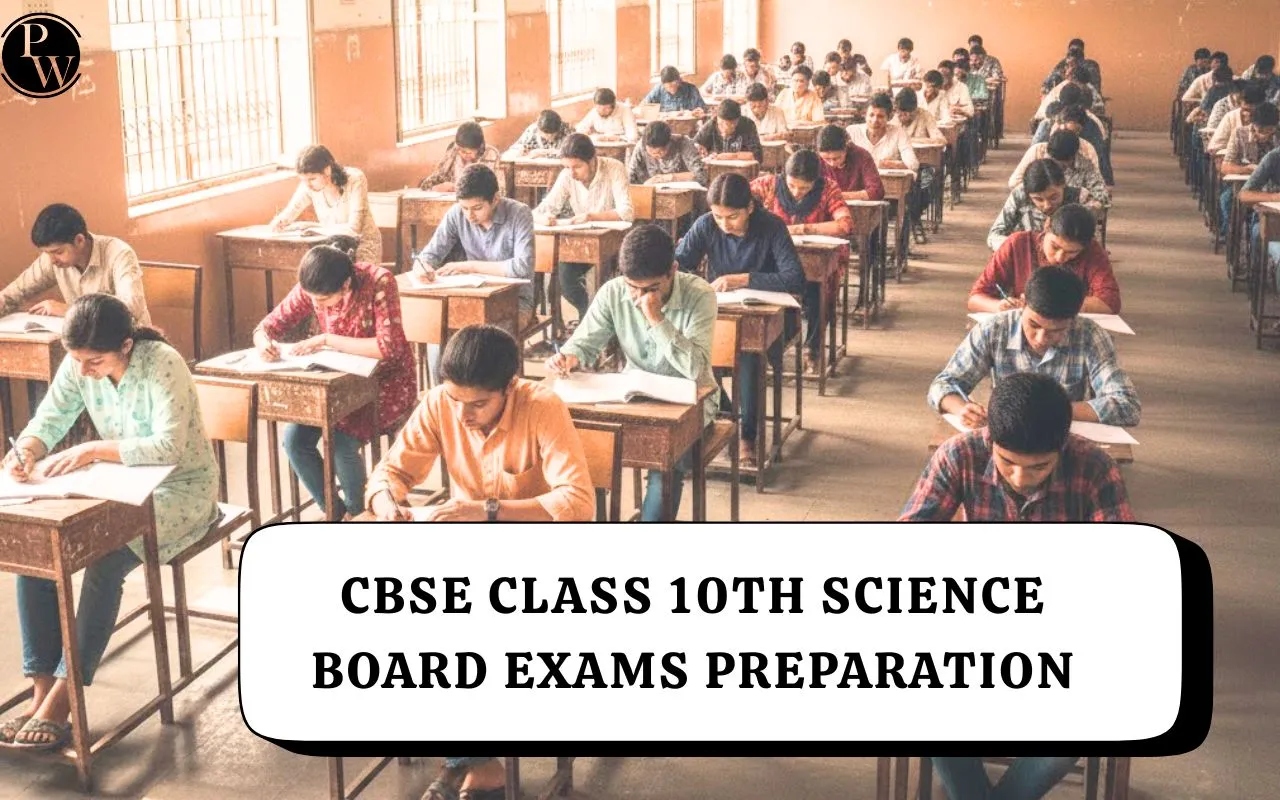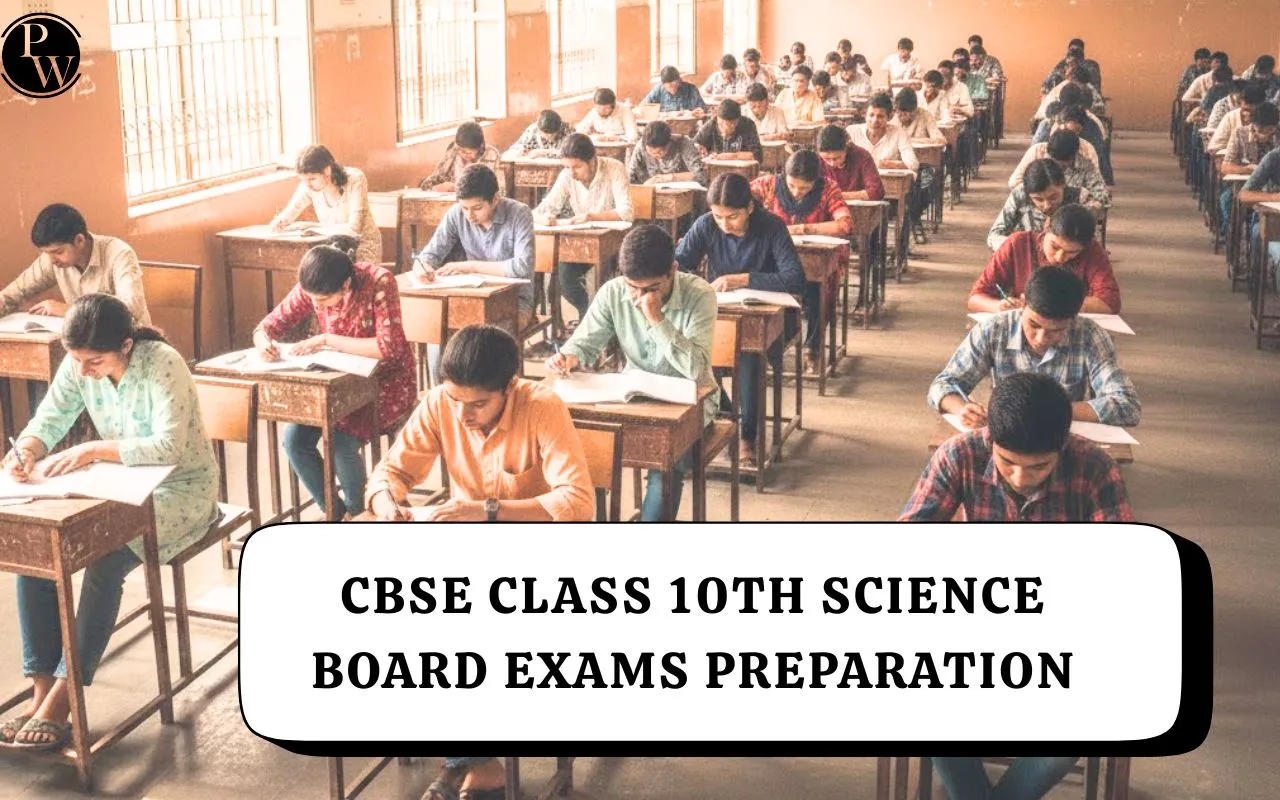

The session begins with an exercise. Students are asked to close their eyes for five seconds and imagine receiving a call from their future self. They visualize opening their laptop or computer to check their Class 10 CBSE Board Examination result. The moments just before the result appears reveal a lot—the fear, the uncertainty, and the thoughts about whether enough effort was made.
If in that imagined moment there is fear or regret such as “I wish I had studied better” or “I could have worked harder,” then the advice is to feel that regret now. Feeling it later will not help. This regret must be used as fuel for motivation. What is felt today will help in facing the board examination in the coming months.
Students are told to promise themselves that when the real result day comes, they should not be in the regret zone. Fear is common, but regret should not exist. The goal is to ensure that when the result screen loads, there is no feeling of “I should have tried more.”
The instructions are clear: cheat with your own brain. Many students send messages saying they want to study but feel unable to sit and start. Distractions take over. The truth is that the hardest battles happen in discomfort, not comfort. One cannot win sitting on a bed or sofa. Comfort zone habits must be broken.
Students are reminded to ask themselves why they haven’t studied enough even though they knew from April that the Class 10 journey had begun. Half-yearly exams have passed, pre-boards have started, yet many continue to procrastinate. Planning without execution leads nowhere. Those who never start never reach the finish line.
The brain defaults to comfort. It tells you to study later, to watch something first, or scroll on Instagram. Instead of taking instructions from the brain, students must give instructions to it. Success comes only from stepping into discomfort.
The board exam begins on 17 February with Mathematics
The board exam begins on 17 February with Mathematics. The last 15 days before the exam are only for question practice, PYQs and sample papers. Students are told not to count the total as 60 days but consider it as 45 effective days. They must create a target table—how all chapters will be covered and how the syllabus will be completed.
Those who have studied a little must identify what remains. Take each subject, open the index, tick completed chapters, cross the ones not done, and circle the ones left midway. Write down the pending chapters—seven in Maths, four in Science, six in SST or whatever the actual numbers are. Then set daily, weekly and monthly targets. This target table is only for December and January, not February.
Ninety days can change a lifestyle
It takes 21 days to build a habit. Ninety days can change a lifestyle, but there aren’t 90 days left. There will be ups and downs, moments of motivation and demotivation. Teachers and the PW team are providing a plan showing what to study each day. Students only have to follow it and trust themselves and their teachers.
The example of national topper Ayan Dutta is mentioned. When asked how he scored 500/500, he shared that he simply studied consistently through the year. Not excessive studying in one day, then stopping. He studied every day and covered different subjects regularly. He focused especially on his weak subject, SST.
Revision is important, but revision only works when the syllabus is completed. Project 45 is designed for this purpose. Additional support material like the comeback kit contains answer sheets, writing pads, last-minute hacks, important questions, map work, diagrams, reactions, and handwritten notes for Maths, Science and SST. A pouch with stationery and stickers of teachers is also included.
Students are urged to move out of the overthinking zone and into execution. The year has passed thinking; now there is no time left for thought—only action. It is time to restart, refocus, and work. Negative thoughts must be flushed out. Fear and anxiety are natural; every student experiences them. But one must face them and move forward.
Students are told to spend 30 minutes reflecting on their study habits and future. Hard work matters. Even the speaker shares that they did not score above 90% in Class 10, but hard work brought them to where they are today. Hard work never goes waste.
The final 45 days are here. Teachers across subjects—Maths, Science, SST, Hindi, Computer—are coming together for Project 45. They are asking only for these 45 days. This is not a sacrifice; it is duty. Studying is the student’s work.
Students are urged to promise themselves that these 45 days will be dedicated only to their improvement and future, without worrying about what friends are doing.
The session ends with: “See you in Project 45. Thank you so much.”
